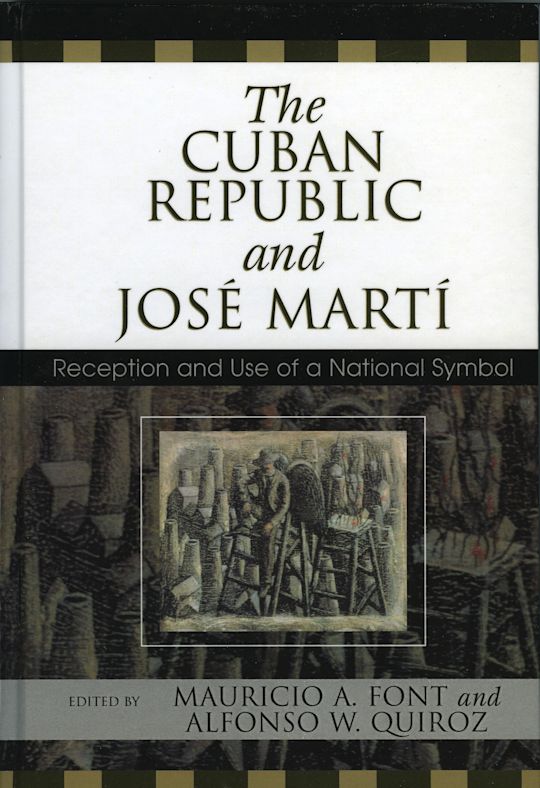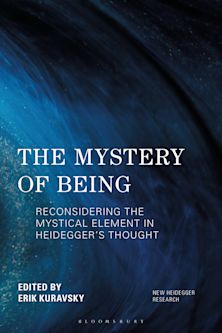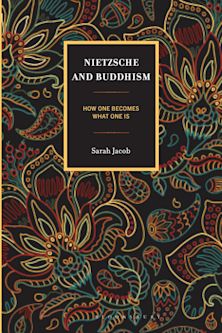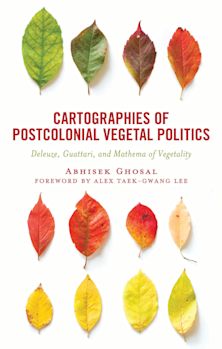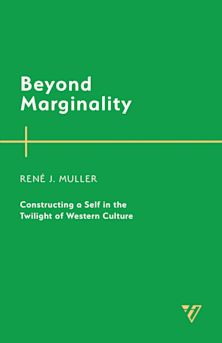- Home
- ACADEMIC
- Philosophy
- Philosophy - Other
- The Cuban Republic and JosZ Mart'
The Cuban Republic and JosZ Mart'
Reception and Use of a National Symbol
Mauricio Font (Anthology Editor) , Alfonso Quiroz (Anthology Editor) , Paul Estrade (Contributor) , Ottmar Ette (Contributor) , Mauricio A. Font (Contributor) , Joao Felipe Goncalves (Contributor) , Lillian Guerra (Contributor) , Laura Lomas (Contributor) , Antonio Lopez (Contributor) , Jose Matos (Contributor) , Oscar Montero (Contributor) , Consuelo Naranjo Orovio (Contributor) , Alfonso W. Quiroz (Contributor) , Rafael Rojas Jr. (Contributor) , Ivan A. Schulman (Contributor) , Rafael E. Tarrago (Contributor) , Carlos E. Bojorquez Urzaiz (Contributor)
The Cuban Republic and JosZ Mart'
Reception and Use of a National Symbol
Mauricio Font (Anthology Editor) , Alfonso Quiroz (Anthology Editor) , Paul Estrade (Contributor) , Ottmar Ette (Contributor) , Mauricio A. Font (Contributor) , Joao Felipe Goncalves (Contributor) , Lillian Guerra (Contributor) , Laura Lomas (Contributor) , Antonio Lopez (Contributor) , Jose Matos (Contributor) , Oscar Montero (Contributor) , Consuelo Naranjo Orovio (Contributor) , Alfonso W. Quiroz (Contributor) , Rafael Rojas Jr. (Contributor) , Ivan A. Schulman (Contributor) , Rafael E. Tarrago (Contributor) , Carlos E. Bojorquez Urzaiz (Contributor)
This product is usually dispatched within 3 days
- Delivery and returns info
-
Free CA delivery on orders $40 or over
You must sign in to add this item to your wishlist. Please sign in or create an account
Description
Jose Marti contributed greatly to Cuba's struggle for independence from Spain with words as well as revolutionary action. Although he died before the formation of an independent republic, he has since been hailed as a heroic martyr inspiring Cuban republican traditions.
During the twentieth century, traditionally nationalistic literature has reinforced an uncritical idealization of Marti and his influence. However, new approaches have recently explored the formation, reception, uses and abuses of the Marti myth.
The essays in this volume analyze the influence of Jose Marti - poet, scholar, and revolutionary - on the formation of often-competing national identities in post-independence Cuba. By exploring the diverse representations and interpretations of Marti, they provide a critical analysis of the ways in which both the left and right have used his political and literary legacies to argue their version of contemporary Cuban "reality."
Table of Contents
Chapter 2 The 'Apostle' in Stone: Nationalism and Monuments in Honor of Jose Marti
Chapter 3 The Struggle to Redefine Marti and "Cuba Libre" in the 1920s
Chapter 4 "Rights are Taken, Not Pleaded": Jose Marti and the Cult of the Recourse to Violence in Cuba
Chapter 5 Marti in Cuban Schools
Chapter 6 Jose Marti, pilar de la Revolucion Cubana
Chapter 7 Jose Marti Against Race
Chapter 8 Language, Nation, and Empire: Jose Marti's Strategic Multilingualism
Chapter 9 Chronicling Empire: Jose Marti on the Avenue of the Americas
Chapter 10 Construyendo la imagen literaria de Marti en los Estados Unidos
Chapter 11 Jose Marti en la obra de Fernando Ortiz
Chapter 12 Inmigracion espanola e imaginario nacional en Cuba, 1900-1920
Chapter 13 Marti y la emigracion cubana de Yucatan frente al nacimiento de la Republica (1902-1925)
Chapter 14 Gender Trouble: Jose Marti and Juana Borrero
Product details
| Published | Dec 09 2005 |
|---|---|
| Format | Paperback |
| Edition | 1st |
| Extent | 274 |
| ISBN | 9780739112250 |
| Imprint | Lexington Books |
| Dimensions | 227 x 161 mm |
| Series | Bildner Western Hemisphere Studies |
| Publisher | Bloomsbury Publishing |









